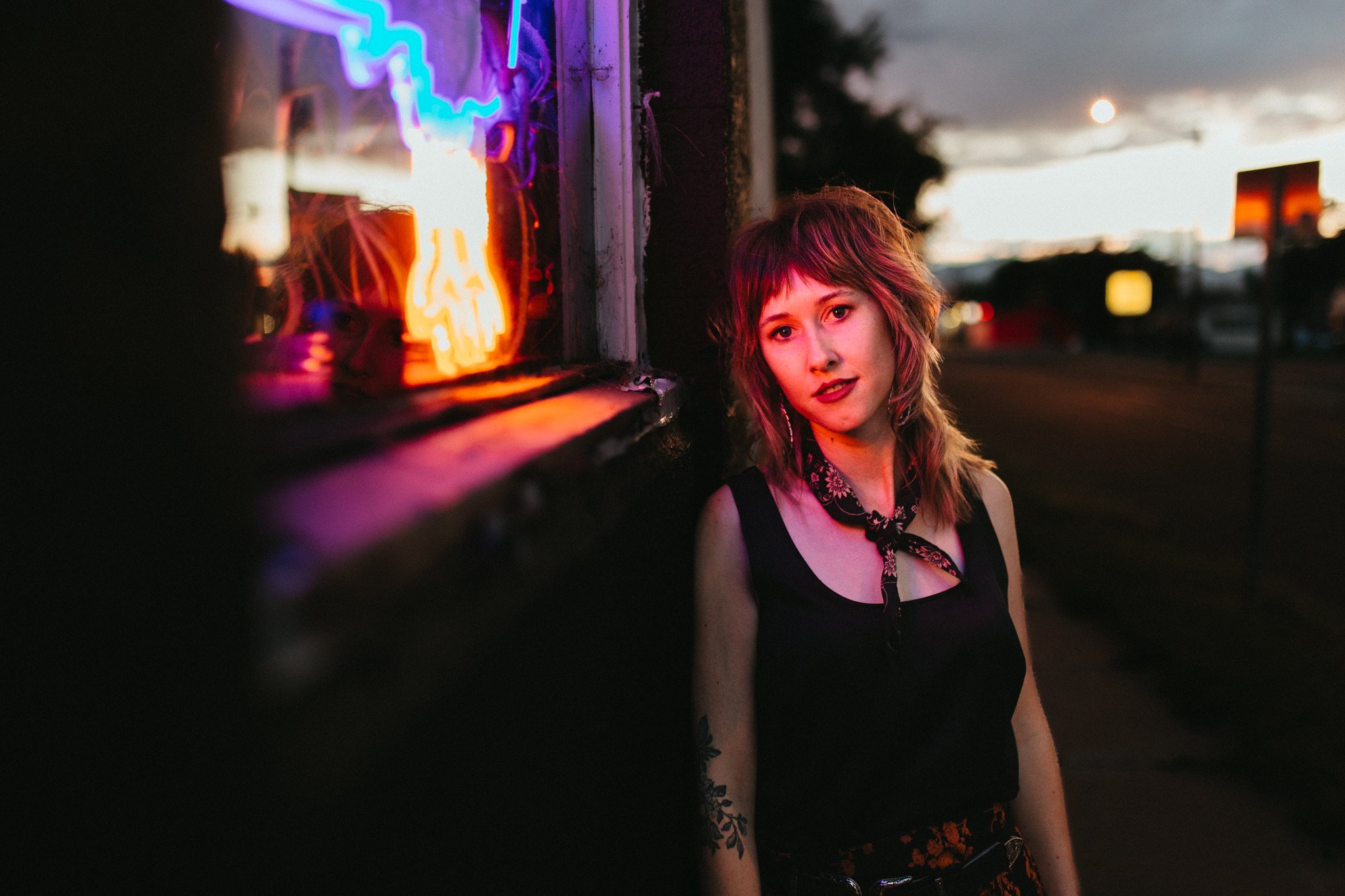Patty McCrystal
Oyster River Pages: What would you say is your most interesting writing and/or artistic quirk?
Patty McCrystal: I would say it's my ability to sit down with an idea for a story and pump out a fully-formed, nearly perfect draft in a few hours or so. Just kidding! That's literally never happened to me and never will. Completing a story takes a year(s) long torturous process that I've likened* to flying a kite—at first it's really exciting and it's up in the air, and you're like how did I make this beautiful delicate soaring thing? And then as you walk across the field the kite makes a turn in the air and grows hair and fangs and dives down toward you and now you're running and screaming but it's tied to your wrist and you made this monster and you're responsible for it and you can't just let it free to terrorize the skies like a hairy blood-thirsty manta ray. Which is to say for me, writing stories involves dozens of drafts, intensive rounds of feedback from my editor, long walks, longer "research" holes (read: Googling things and getting sidetracked by amusing and grotesque and ultimately useless facts for my story), and small moments of contentment that are often ushered away by confusion and frustration the next time I sit down at my desk (read: my couch). This is not really interesting or quirky in any way, more just me commiserating with fellow writers who have a similar experience. Short stories are a demanding art form, and writing has never not been hard and time-consuming and emotionally trying for me. But it's always been worth it—or perhaps more accurately, non-optional to who I am as a person.
*I really hope this is my own likening and not something I read years ago in countless books about "how to love editing!!"
ORP: What do you think is the best way to improve writing and/or artistic skills?
PM: Read your work out loud to a crowd of people. They say you should read drafts out loud to yourself to hear awkward wording or flat dialogue—and while I should do that but never have—I totally understand and support this suggestion. But it's not until I read my work in front of a lot of people (even work that's already been copyedited and published) that I find sentences that felt right for the emotional state I was in when I wrote them, but which now feel overwrought or distracting. I've found I can't access the distance/perspective I need to find those awkward nubs that need whittling until there's actual eyes and ears witnessing my work—and not the same pairs that belong to those who love and adore everything I do, like my partner and my dog.
ORP: Who do you consider to be your creative ancestors and contemporaries for your art and/or writing? How does your creative work converse with theirs?
PM: If I could create an altar in my house for contemporary writers Lauren Groff and Karen Russell without it being just the weirdest, I would. Instead, I routinely read Groff's tweets with a warped sense of unearned intimacy and re-read the back cover copy of Russell's first short story collection—the one she wrote when she was like 25—and shiver with admiration and jealous rage (though I do feel a little better when I remember that they both live in Florida). I suppose my work converses with theirs in its desperate attempts to find a sort of prosaic kinship with them. Content-wise, the plot of the stories in my current collection could possibly sit at the same lunch table as Russell's—if it was a really long table with lots and lots and lots of seats—as my stories are all gently strange, with some bending deeper into the surreal. In my MFA thesis, I found some excellent quotes by Russell about how magical realism can expand emotional resonance in writing. In a 2013 interview with The Rumpus, she said "There’s always going to be some emotional autobiography in [my stories], and for me it’s a question of transposition or maybe an octave shift. You just have a different metaphoric alphabet if you have access to both fantastic and ‘realistic’ registers.” With magical realism, we can combine a concrete, easily-understood concept with a more elusive one to tell the same story in a new way, and to enrich our understanding of these complex experiences. Plus, it's fun. I've also memorized several poems by Emily Dickinson and have one or two of them framed in my office, but all writers have been fully possessed by her at some point so I don't really see that relationship worth mentioning.
ORP: What books have you read more than once in your life?
PM:
- Fates and Furies by Lauren Groff
- Child of God by Cormac McCarthy
- People of Paper by Salvador Plascencia
- Hood Feminism by Mikki Kendall
- The Sculptor by Scott McCloud
- An Identity Polyptych by Meca'Ayo Cole
- A History of Kindness by Linda Hogan
& many others that I've gifted & given away to undeserving loved ones over the years.


